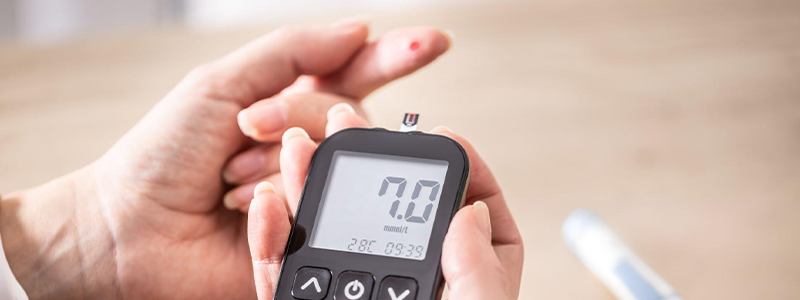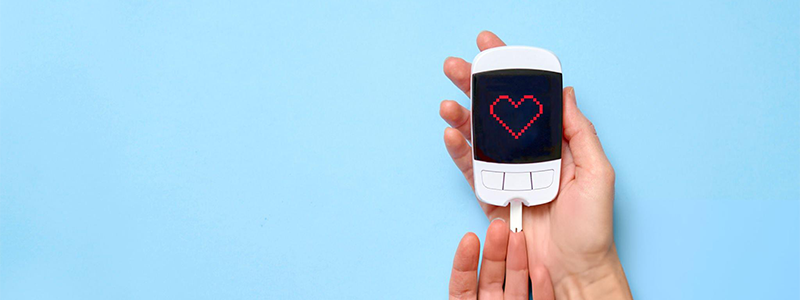Archives

Tips for People with Diabetes During Ramadan
Ramadan is a special time for Muslims worldwide, marked by fasting from dawn to sunset. But for those with diabetes, it requires extra care to fast safely. Here are some straightforward tips to help manage diabetes during Ramadan.
Who Should Avoid Fasting:
Health Concerns: If fasting could seriously harm your health, it’s best to avoid it.
Diabetes Medication: If you’re taking insulin or certain medications for diabetes.
Existing Complications: If you have diabetes-related problems like eye, kidney, or nerve issues.
High Blood Sugar: If your blood sugar levels are too high.
Special Circumstances: If you’re a child, elderly, sick, pregnant, breastfeeding, menstruating, or have certain health conditions.
What You Can Do Instead:
Charity and Prayers: If you can’t fast, consider giving to charity or praying during Ramadan.
Risks to Watch Out For:
Low Blood Sugar: Keep an eye out for signs of low blood sugar (hypoglycemia).
High Blood Sugar: Watch for symptoms of high blood sugar (hyperglycemia).
Dehydration: Stay hydrated to avoid this.
Dizziness and Falls: Be cautious of these risks during fasting.
Getting Prepared:
Consult Your Doctor: Plan with your doctor about two months before Ramadan.
Medication Review: Check if your diabetes medicine needs any adjustments.
Meal Planning: Think about what foods you’ll eat during non-fasting hours.
Exercise Consideration: Decide if you’ll be exercising during Ramadan and plan accordingly.
Monitoring Blood Sugar:
Regular Checks: Monitor your blood sugar levels before meals and bedtime.
During Fasting: It’s okay to check your blood sugar even while fasting.
Managing Low Blood Sugar:
Recognize Symptoms: Know the signs of low blood sugar and act promptly.
Treatment: Stop fasting if your blood sugar gets too low and have something sugary to eat or drink.
Managing High Blood Sugar:
Healthy Eating: Avoid sugary or fatty foods and stick to balanced meals.
Hydration: Drink plenty of water between meals to stay hydrated.
Dietary Tips:
Healthy Choices: Opt for nutritious foods during Ramadan.
Moderation: Avoid overeating and limit sugary or processed foods.
Staying Active:
Light Exercise: It’s fine to do light activities during Ramadan.
Caution: Be careful not to overexert yourself, especially if you take insulin.
Medication Management:
Discuss with Doctor: Talk to your doctor about adjusting your diabetes medicine if necessary.
Risk Awareness: Some medicines can increase the risk of low blood sugar.
After Ramadan:
Post-Fasting: Be mindful not to overeat during celebrations after Ramadan ends.
Follow-up: Schedule a check-up with your doctor to review your fasting experience and make any necessary adjustments for the future.
Education and Support:
Medical Guidance: Seek guidance from your doctor or healthcare provider about fasting with diabetes.
Community Support: Some individuals may find it helpful to discuss fasting with their religious leader for additional advice.
By following these simple tips, you can ensure a safe and healthy Ramadan while managing your diabetes effectively.
Lifecare home healthcare is dedicated to supporting you 24/7 during Ramadan, offering assistance and guidance to make fasting easier for you. Ramadan Kareem!

Other Services
Thyroid test at home
Error: Contact form not found.

